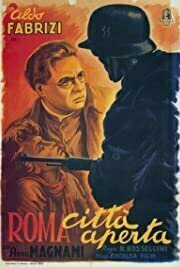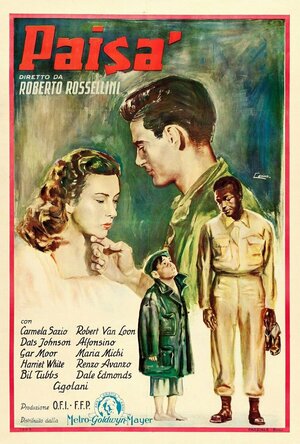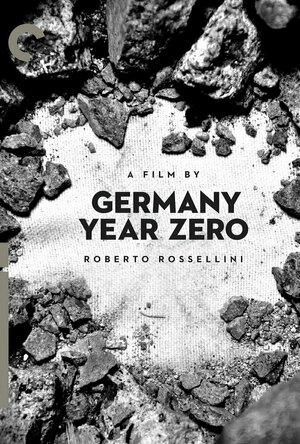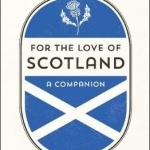
For the Love of Scotland: A Celebration of All Things Scottish
Book
Did you know? * Nessie is not the only monster supposedly living in a Scottish loch. Loch Morar has...
John Bailey recommended Rome, Open City (1945) in Movies (curated)
John Bailey recommended Paisan (Paisà) (1948) in Movies (curated)
John Bailey recommended Germany Year Zero (1948) in Movies (curated)
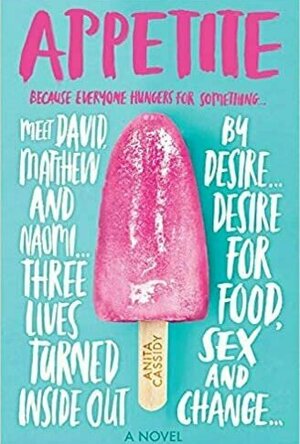
Appetite
Book
Because everyone hungers for something... Food and Sex: two appetites the modern world stimulates,...
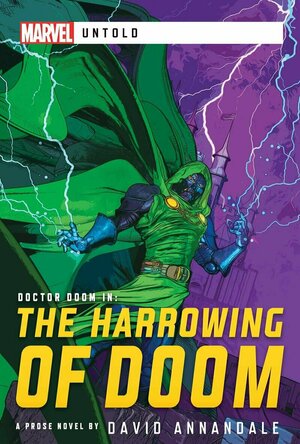
The Harrowing of Doom
Book
Our thrilling new line bringing new tales of Marvel’s Super Heroes and villains begins with the...
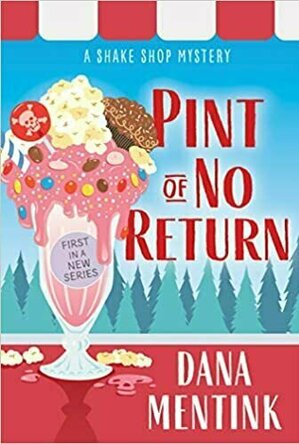
Pint of No Return
Book
After her divorce from her thrice-married embezzler husband, Trinidad Jones is finally ready for a...

Football Predictions free
Sports
App
Easy way of winning good predictions, great success Football Predictions is a well based...
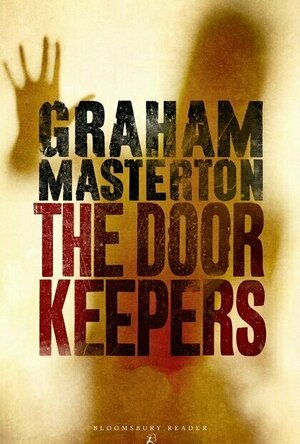
The Doorkeepers
Book
As far as her family knows, Julia Winward, a young American woman, has been missing in England for...
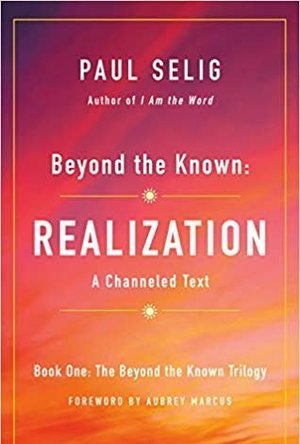
Realization: Beyond The Known Vol. 1
Book
Channeling the voices and wisdom of the otherworldly Guides, Paul Selig offer a way to expand your...
